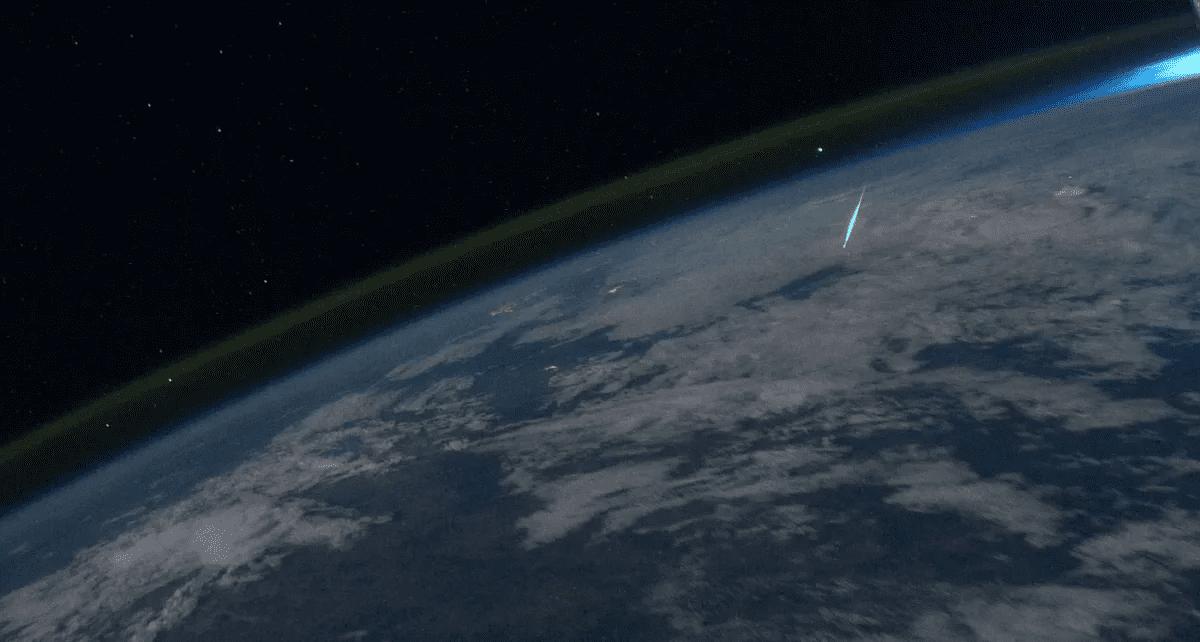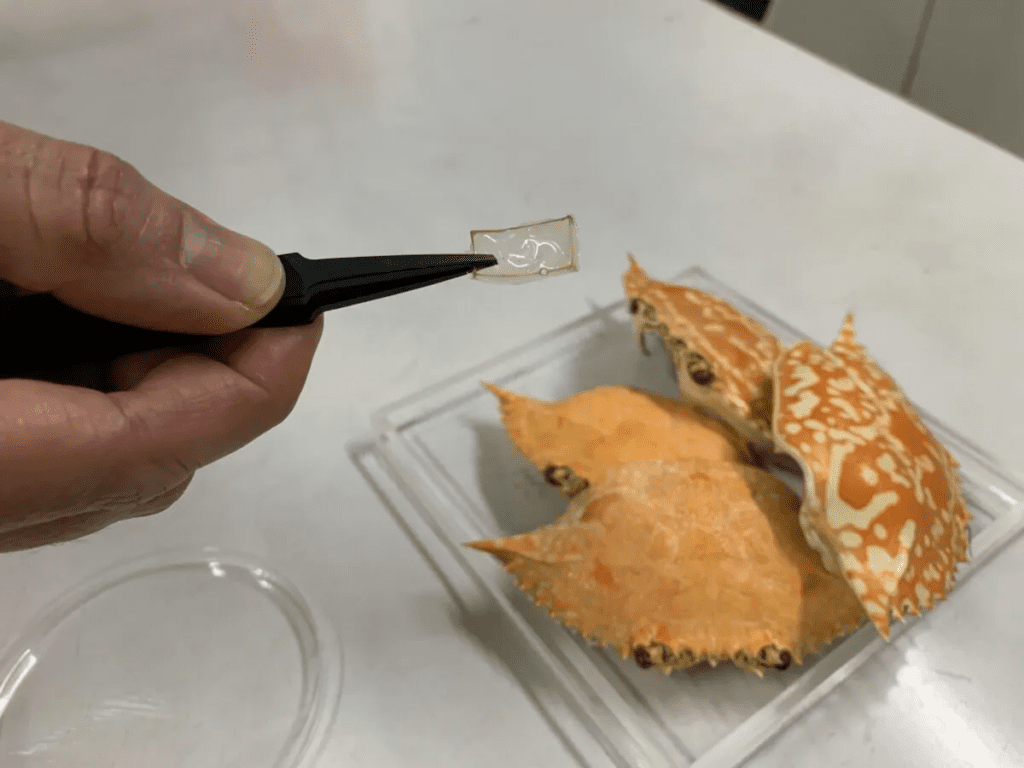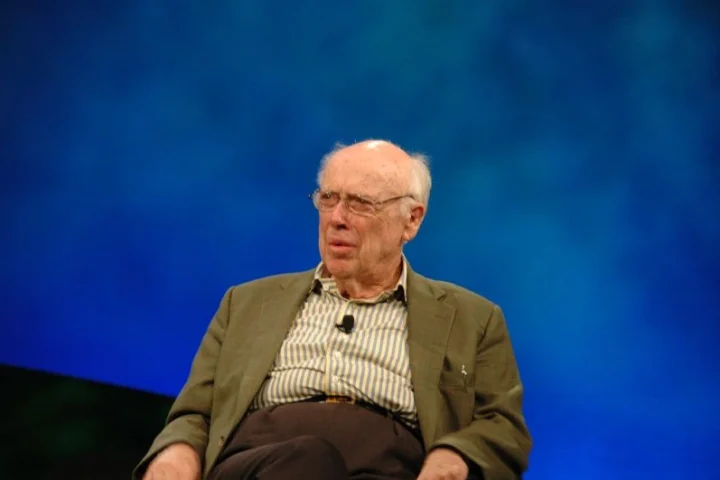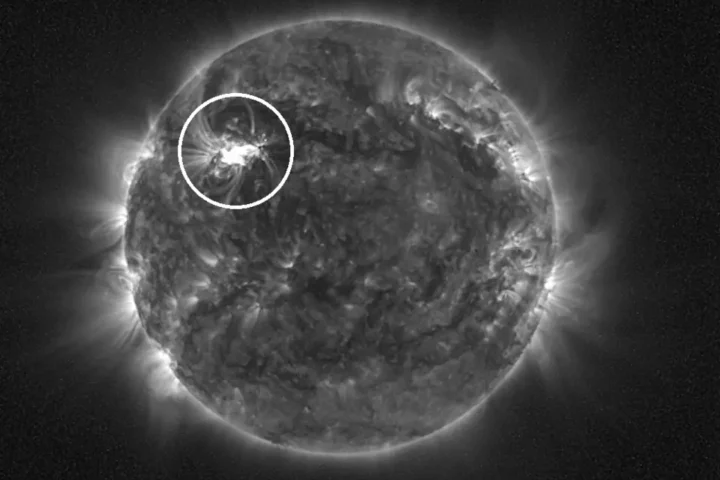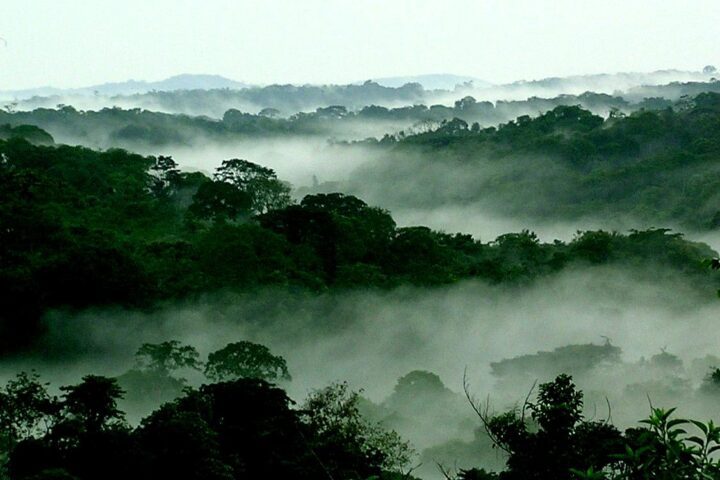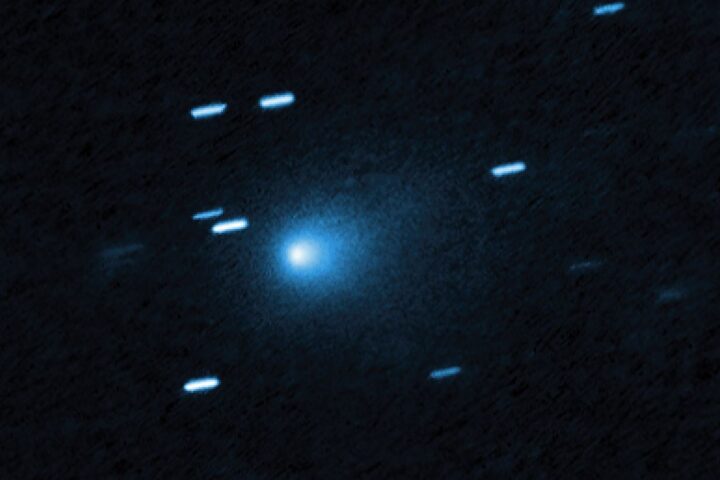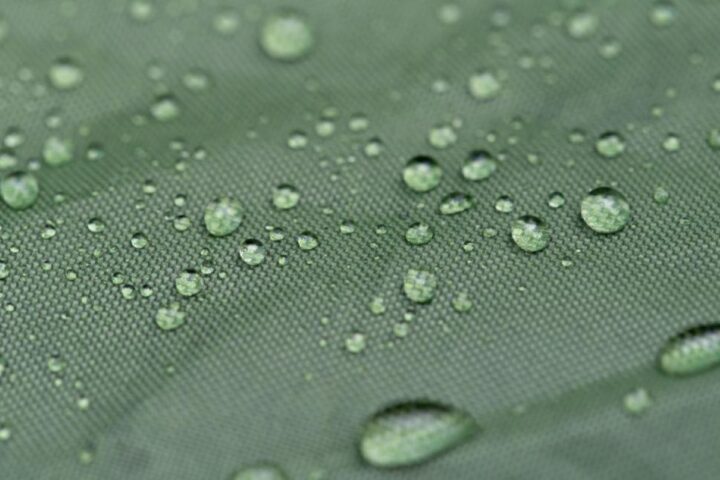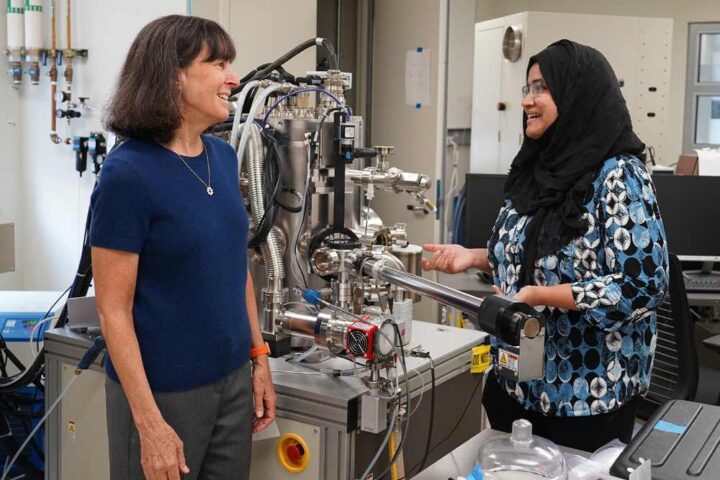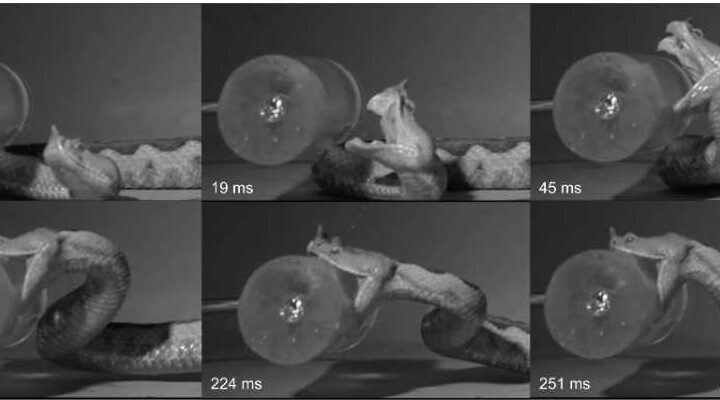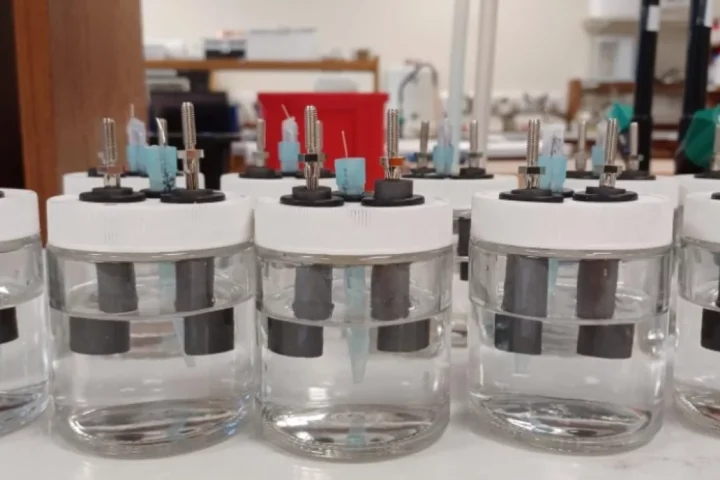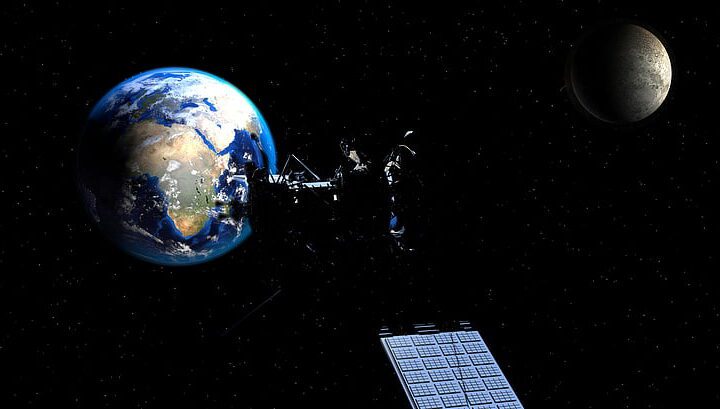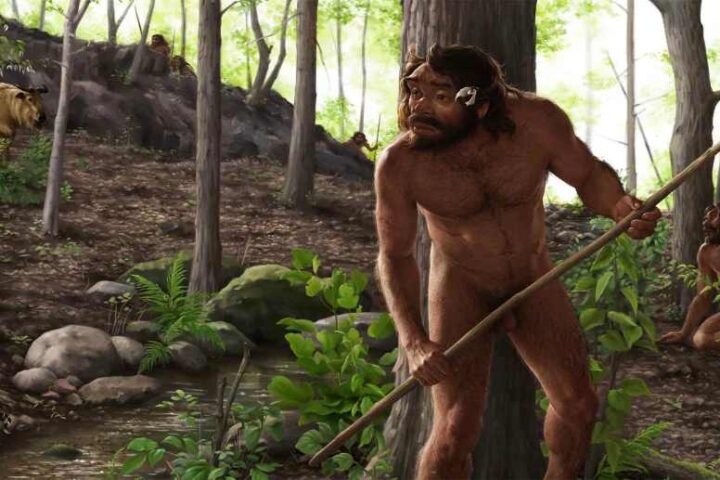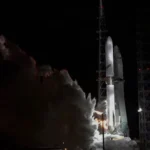A $1.5 million expedition is being planned by Avi Loeb, the Harvard physicist who first identified interstellar object Oumuamua, to recover what he believes is a potential alien artifact. The highly scrutinized Galileo Project expedition of Loeb & his team is closer than ever to getting up & running this summer. The destination of the expedition is Papua New Guinea, where fragments of an object that crashed off the coast of Manus Island in 2014 are to be sought.
A team was established by Loeb to design a two-week expedition to search for the meteor fragments at a depth of 1.7 kilometers on the ocean floor. It was also concluded by Loeb & his team that the meteor was tougher than all other 277 meteors in Nasa’s Centre for Near Earth Object Studies catalog. It is posited by Loeb that the object of their dealings isn’t random space debris but an alien probe.
A sled mounted with magnets, cameras, & lights on the ocean floor inside a 10 km by 10 km search box will be towed by the team. It is hoped that the size of the fragments that could potentially be found will depend on the composition of the meteor. The dream team of Loeb, consisting of some of the most experienced & qualified professionals, is confident of succeeding.
A promise is made by Loeb to bring “any sizable technological relic” recovered to the Museum of Modern Art for display. The team might as well be searching for a shiny grain of sand at the bottom of the ocean, as the interstellar meteor disintegrated into tiny fragments when it entered our atmosphere. The company has come up with a practical approach with sleds equipped with magnets, cameras, & lights.
According to Loeb, it’s a risk worth taking, saying, “extraordinary claims require extraordinary evidence”. The expedition may fail, but Loeb remains adamant about the mission. If the expedition succeeds, we could have significant implications for our understanding of extraterrestrial life & the origin of the universe.
